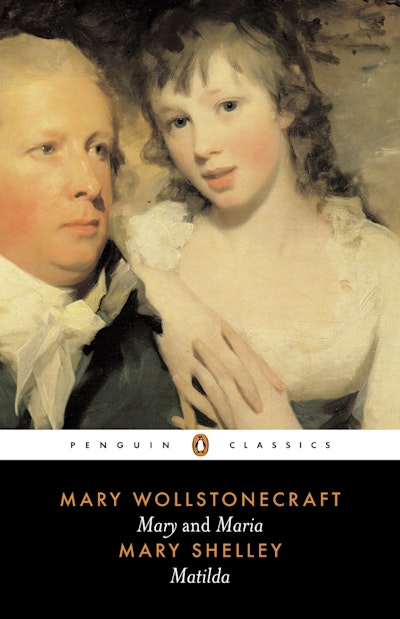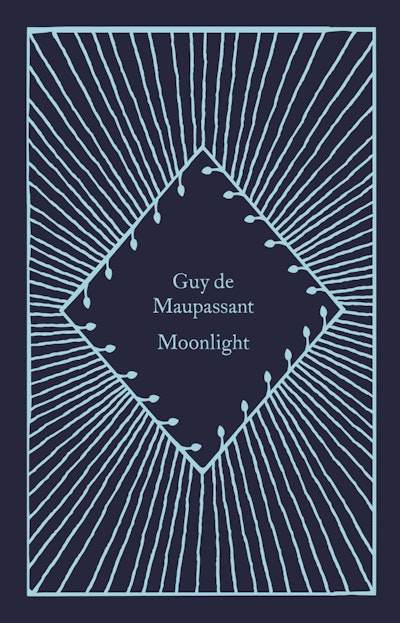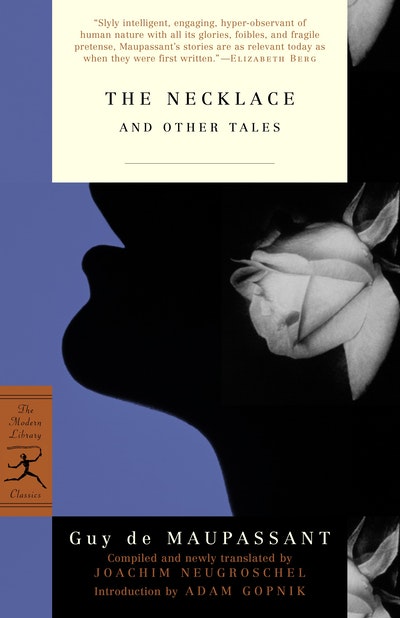- Published: 27 July 2004
- ISBN: 9780140448122
- Imprint: Penguin Classics
- Format: Paperback
- Pages: 352
- RRP: $26.99
A Parisian Affair and Other Stories
A new selection and translation of the best of de Maupassant's short stories
Set in the Paris of society women, prostitutes and small-minded bourgeousie, and the isolated villages of rural Normandy that de Maupassant knew as a child, the thirty-three tales in this volume are among the most darkly humorous and brilliant short stories in nineteenth-century literature. They focus on the relationships between men and women, as in the poignant fantasy of 'A Parisian Affair', between brothers and sisters, and between masters and servants. Through these relationships, Maupassant explores the dualistic nature of the human character and his stories reveal both nobility, civility and generosity, and, in stories such as 'At Sea' and 'Boule de Suif', vanity, greed and hypocrisy. Maupassant's stories repeatedly lay humanity bare with deft wit and devastating honesty.
- Published: 27 July 2004
- ISBN: 9780140448122
- Imprint: Penguin Classics
- Format: Paperback
- Pages: 352
- RRP: $26.99
Other books in the series
About the author
Guy de Maupassant was born in Normandy in 1850. At his parents' separation he stayed with his mother, who was a friend of Flaubert. As a young man he was lively and athletic, but the first symptoms of syphilis appeared in the late 1870s. By this time Maupassant had become Flaubert's pupil in the art of prose. On the publication of the first short story to which he put his name, 'Boule de suif', he left his job in the civil service and his temporary alliance with the disciples of Zola at Médan, and devoted his energy to professional writing. In the next eleven years he published dozens of articles, nearly three hundred stories and six novels, the best known of which are A Woman's Life, Bel-Ami and Pierre and Jean. He led a hectic social life, lived up to his reputation for womanizing and fought his disease. By 1889 his friends saw that his mind was in danger, and in 1891 he attempted suicide and was committed to an asylum in Paris, where he died two years later.






























































































































































































































































































































































































































































































































































































































































































































































































































